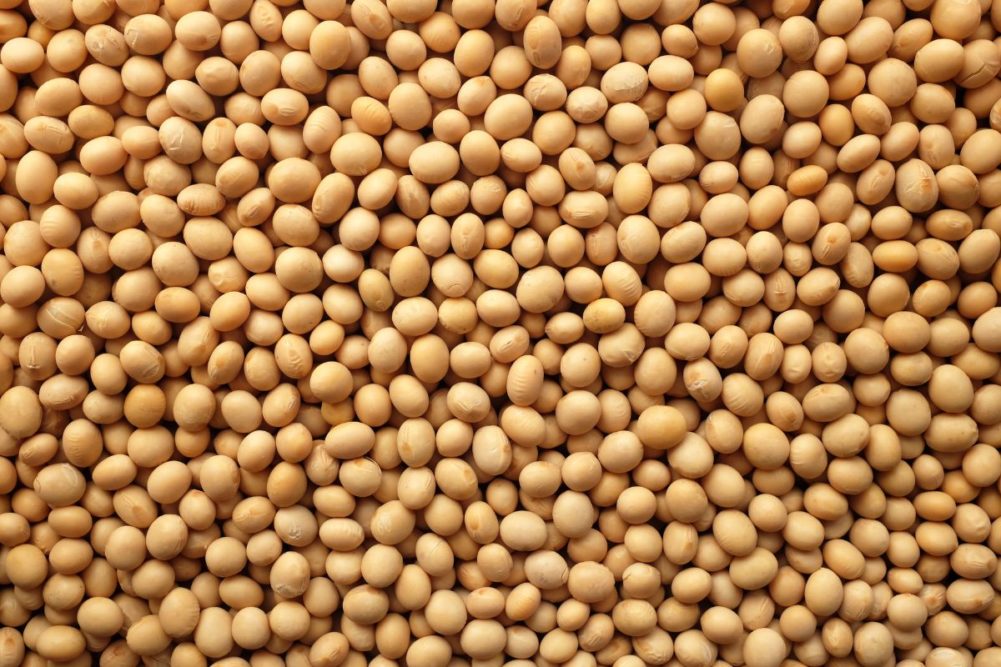ISLAMABAD, PAKISTAN — Pakistan’s recent ban on genetically engineered imports has led to a significantly reduced forecast for soybean imports for the 2022-23 marketing year, according to a Global Agricultural Information Network report from the Foreign Agricultural Service of the US Department of Agriculture (USDA).
The USDA projects soybean imports to decline to 1.2 million tonnes, more than half of last year’s total of 2.5 million tonnes. The 2022-23 import forecast for rapeseed also was revised downward to 500,000 tonnes from 950,000 tonnes in 2021-22.
In October 2022, without providing trading partners any notice, Pakistan’s Department of Plant Protection (DPP) began requiring that importers present an import license from the Ministry of Climate Change (MOCC) as a condition for releasing soybean arrivals. However, the USDA noted that MOCC has no system for receiving and/or processing import licenses for soybeans destined for food, feed or processing.
In the seven years prior, DPP approved and cleared nearly 14 million tonnes of genetically engineered soybean imports, none of which included an MOCC license, according to the FAS report.
“It is unclear why DPP suddenly changed course and began requiring the MOCC import license last October,” the USDA said.
The ban is having a negative impact on the country’s poultry sector, the report said.
“Pakistan lacks sufficient domestic production of plant protein to replace the 2 million to 2.5 million tonnes of soybean typically imported,” the USDA said. “Almost all the meal derived from soybean imports is used for poultry feed. Due to the de-facto ban on soybean imports, crushing activity has collapsed, meal supplies are short, and poultry feed is scarce.”
As a result, poultry meat and egg prices have increased. Pakistan’s Bureau of Statistics reports that, in January, chicken meat prices increased 25% compared to the previous month and was 83% higher on an annual basis.






